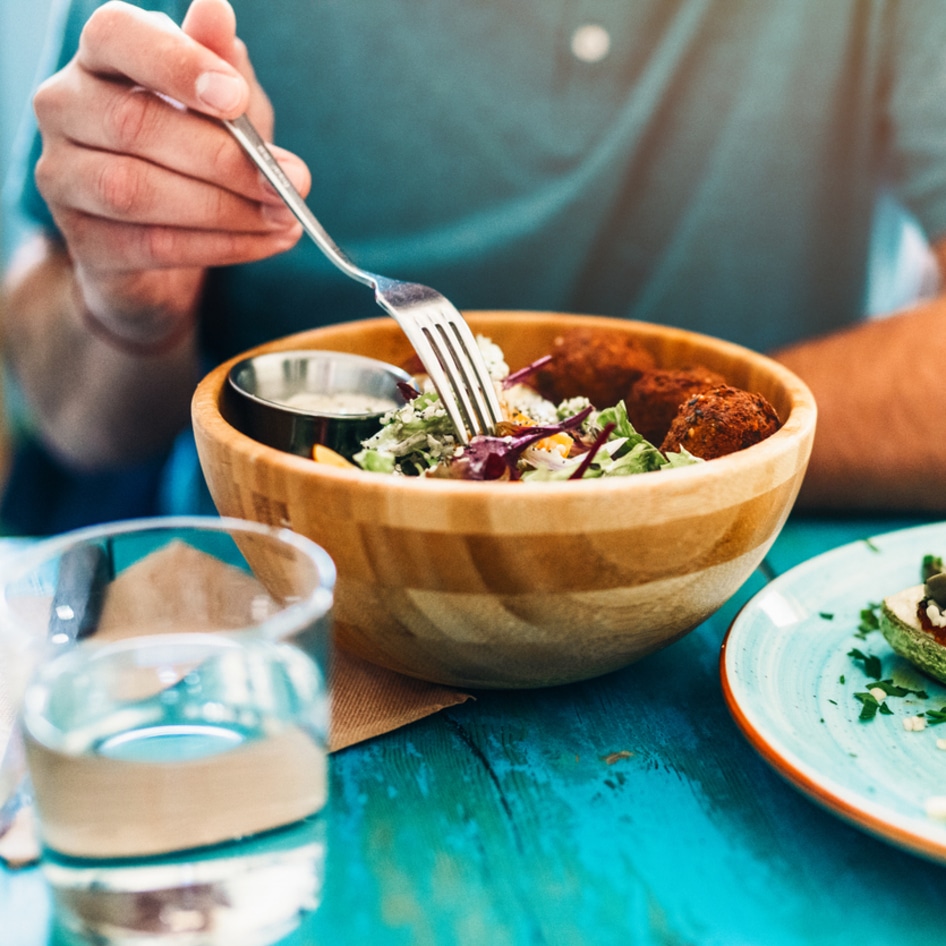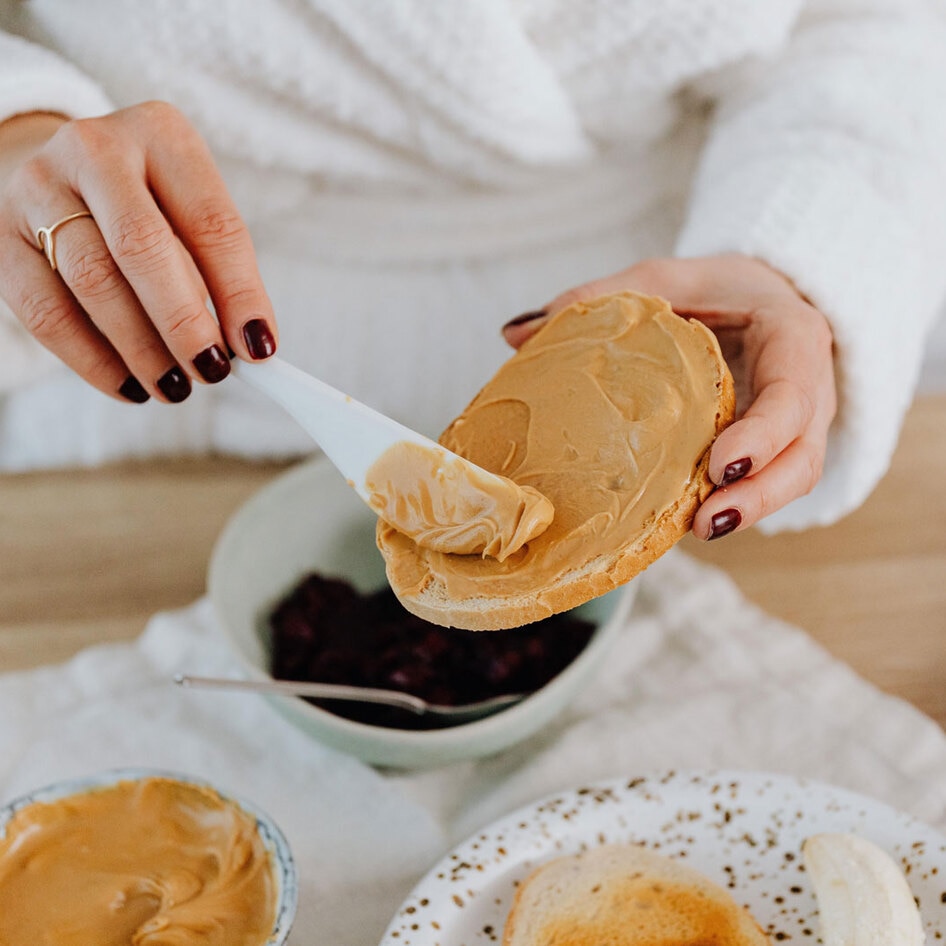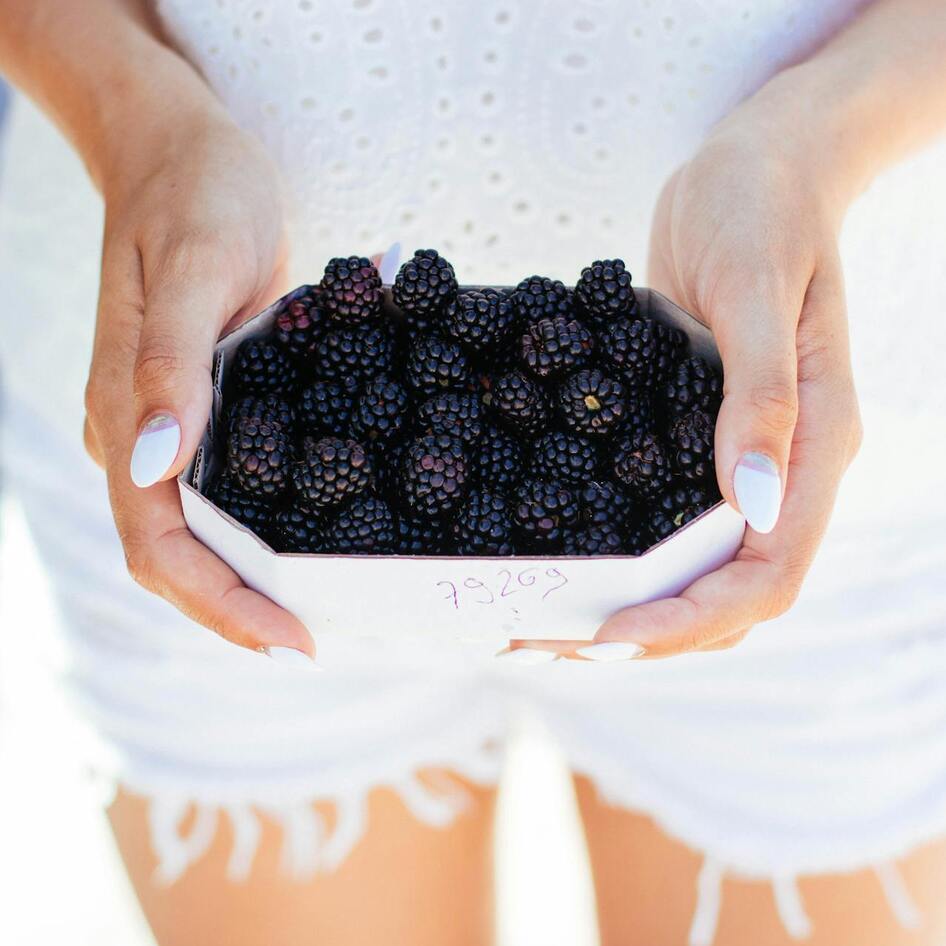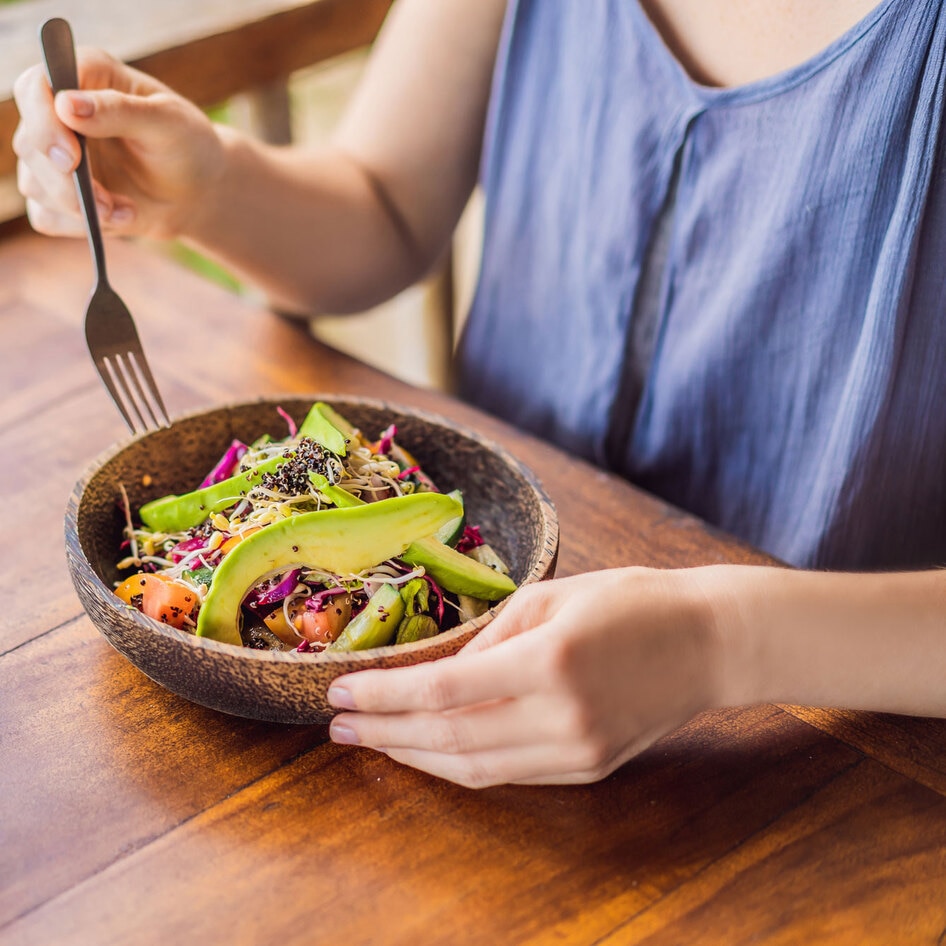The Importance of Varying Your Vegan Diet While Training
Read on for five reasons to switch up your daily meals to keep temptation at bay.
December 1, 2016
Vegan athletes are no different than vegan non-athletes. By this, I mean we get afraid of trying new meals at restaurants due to the fact that they might contain animal products. Because of this fear, vegan athletes tend to gravitate toward familiar, performance-enhancing foods, especially while training for a big competition or event. However, there are significant benefits to varying your diet, particularly if you don’t eat meat and dairy. Not only does a wide variety of vegan foods improve your meal plan, but it’s also ideal for building muscle and boosting stamina. Here are five reasons why changing what’s on your plate can change the way you train … and the way you feel.
1. Better nutrient balance
If you’re thinking about intensifying your workouts, a good balance of macronutrients is a must. Research published in The Journal of Nutrition concluded that the greater variety in your diet, the more likely you are to get the nutrients your body needs to function at its highest level. A separate study published in the Journal of the American Dietetic Association established that varied diets are positively linked to greater vitamin C levels and negatively to levels of salt, sugar, and saturated fat. Vitamin C is essential for athletes and bodybuilders because it’s required for the growth and repair of tissues throughout the body. Vegan diets tend to be higher in dietary fiber, folic acid, Vitamin E, iron, and phytochemicals, but lower in Vitamin D, calcium, zinc, omega-3 fatty acids, and vitamin B-12. This is why vegans must pay extra attention to consuming a varied mix of plant-based foods to compensate for potential deficiencies.
2. Improved weight maintenance
The Journal of Nutrition also notes that a greater variety of vegetables is inversely proportional to the amount of body fat you have. Meanwhile, a variety of sweets, snacks, condiments, entrées, and carbohydrates are positively associated with body fatness. This is an important consideration for vegan athletes who are trying to lose weight or maintain a current weight while sculpting a muscular physique. With a greater variety of vegetables comes a better opportunity to control your weight without cutting calories that you need for energy to fuel your workouts.
3. Illness protection
There’s no way to keep up with your training if you’ve come down with the flu, which is why eating a variety of food can help promote overall health while preventing the onset of illness. The Physicians Committee for Responsible Medicine recommends that vegans eat an array of whole grains, beans, vegetables, and fruit, as well as a daily source of vitamin B-12. There is compelling evidence that diets rich in various fruit and vegetables can prevent short-term sickness and long-term disease because of their nutrient values. Meanwhile, whole grains help prevent illness due to their high fiber content, while beans are a heart-healthy form of vegan protein. Without vitamin B-12, athletes’ bodies become weak, fatigued, and susceptible to disorders of the blood and nervous system.
4. Prevent mealtime boredom
Unfortunately, falling victim to exercise boredom is easy due to the repetition involved in consistent workouts. But don’t let that boredom extend to mealtime as well. Start by rethinking your breakfast strategy and rejecting the traditionally carbohydrate-heavy “American breakfast” with a mix of protein, healthy fats, fruit, and vegetables to enhance energy and focus for your morning workout. A good example of a vegan training breakfast is a bowl of steel-cut oats with unsweetened non-dairy milk for energy-boosting carbs and bone strength. Add sliced bananas and berries for an antioxidant boost, toss in some nuts for healthy fats, and chia seeds for protein. Serve the oatmeal with a green smoothie packed with spinach or kale for extra protein on hard training days. When you start your morning with more variety, you’ll have fewer energy dips and carb cravings throughout the day. Then, aim to keep that variety going throughout the day. Switch the ingredients you put in your salad for lunch by adding different kinds of nuts, seeds, and dried fruit than you had for breakfast. Instead of your standard tofu for protein, try tempeh for grilling, stir-fry, and curries. Rather than sticking to beans as usual for dinner, prepare lentils instead. Quinoa can easily be swapped for rice, and peanut butter for almond butter.
5. Resist unhealthy cravings
By switching your eating routine, you can also prevent food cravings and better resist the temptation to binge on old favorites that don’t fit with your training plan. Studies have shown that food cravings most commonly strike in the late afternoon and early evening, so make sure to add extra variety to snacks and meals at this time of day. To prevent those dreaded 3 p.m. food cravings and pre-dinner munchies, keep several different kinds of healthy vegan snacks on-hand in small portions. If you taste more flavors and experience more textures at snack time, you’re less likely to overeat. Fresh or dried fruit, low-fat vegan yogurt, and a handful of almonds are good choices for snacks, as long as you don’t get used to the same snacks every day.
Chris Willitts is the founder of VegetarianBodybuilding.com and a contributing writer for Muscle & Fitness, Vegan Health and Fitness Magazine, and Natural Muscle Magazine.
JUMP TO ... Latest News | Recipes | Guides | Health | Subscribe
Photo courtesy of Women Daily Magazine







